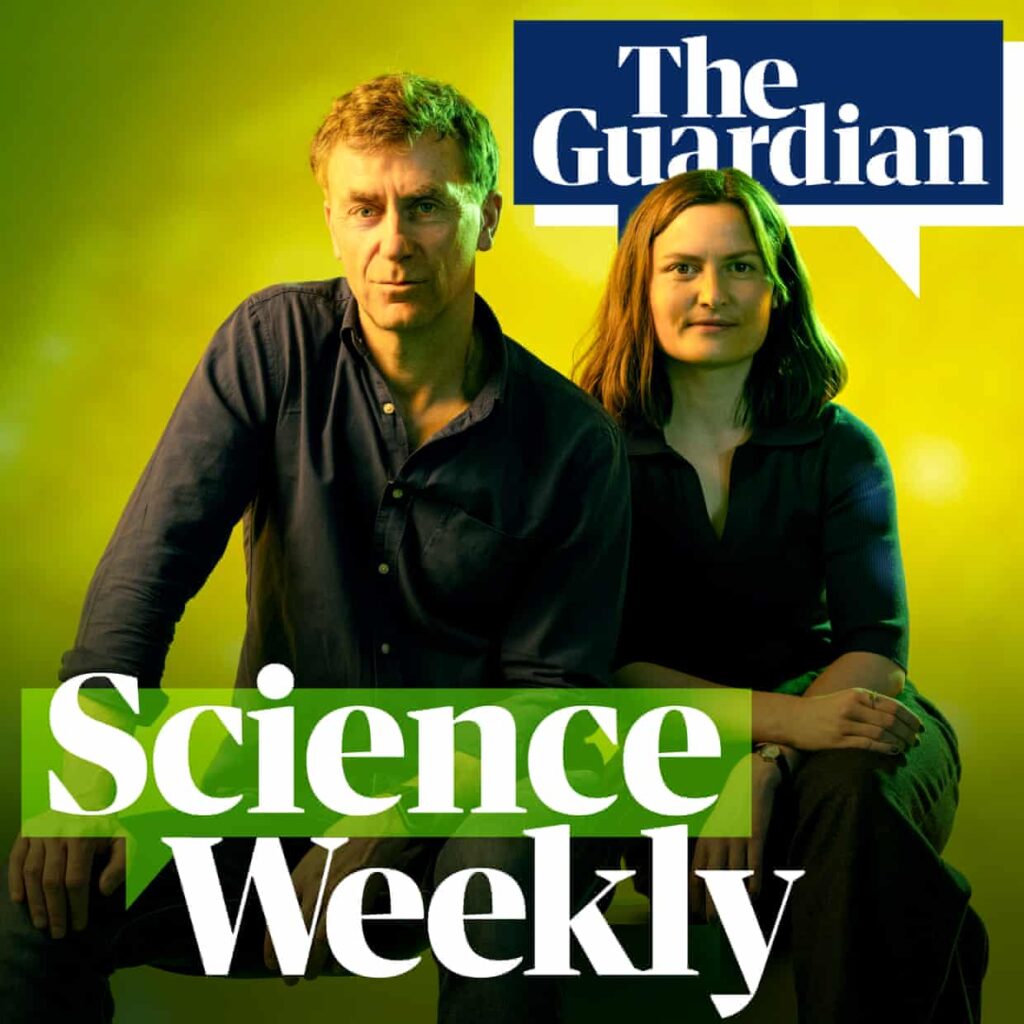
Recent developments in science and environmental policy have captured the attention of researchers and the public alike. A significant breakthrough in lab-grown organ technology, an innovative climate visa program, and the monumental collision of two black holes are among the highlights. These stories showcase the remarkable advancements and challenges facing humanity today.
Breakthrough in Lab-Grown Organs
Researchers have made substantial strides in creating organs in laboratory settings, a development that could revolutionize transplant medicine. This advancement aims to address the persistent shortage of donor organs, which has affected countless patients worldwide. The implications of successfully growing functional organs could mean a future where individuals no longer face long waiting times for transplants.
The research team, led by scientists at the University of Cambridge, has developed techniques to grow complex organs using stem cells. This work, which began years ago, has now reached a pivotal moment, with organs such as hearts and kidneys showing promising signs of viability. If successful, these lab-grown organs could save thousands of lives annually and transform the landscape of healthcare.
World’s First Climate Visa Program
In a groundbreaking move for climate policy, the Australian government has announced the world’s first climate visa. This initiative will allow residents of Tuvalu, a Pacific island nation particularly vulnerable to rising sea levels, to relocate to Australia. The visa is designed to assist individuals and families displaced by climate change, providing them with a pathway to a new life while acknowledging the realities of environmental migration.
According to Australian officials, this program aims to mitigate the impacts of climate change on vulnerable populations. The initiative underscores the urgency of addressing climate-related displacement, as rising seas threaten the very existence of island nations like Tuvalu. The first applicants are expected to begin the relocation process in early 2024, marking a significant milestone in international climate cooperation.
Collision of Two Black Holes
In an astonishing cosmic event, astronomers have observed the collision of two massive black holes, an occurrence that sheds light on the mysteries of the universe. This event, detected by gravitational waves, provides crucial evidence supporting theories about the formation and evolution of black holes. The collision occurred approximately 7 billion light-years away, a reminder of the vastness of space and the dynamic processes occurring beyond our planet.
The study of this collision not only enhances our understanding of black holes but also has implications for fundamental physics. Researchers from the LIGO Scientific Collaboration have emphasized that such discoveries open new avenues for exploring the nature of gravity and the fabric of spacetime itself. These findings will likely fuel further research into the universe’s most enigmatic phenomena.
As these stories unfold, they highlight the intersection of science, technology, and environmental policy. The progress in lab-grown organs and the introduction of climate visas reflect humanity’s ongoing efforts to adapt to the challenges posed by health and environmental crises. Meanwhile, the collision of black holes serves as a reminder of the complex and ever-evolving nature of our universe.







